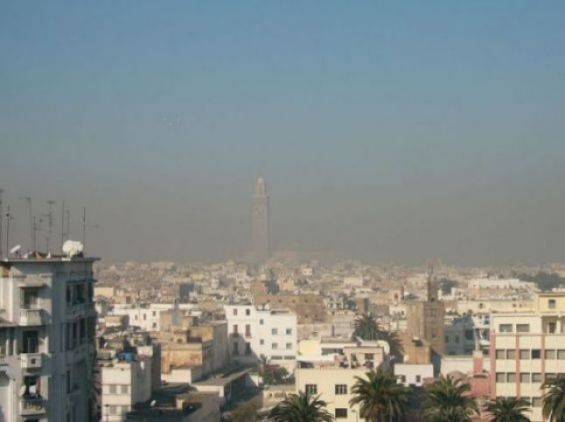Morocco’s climate change plans and actions are ambitious but hard to achieve, a study conducted by the German research institution Wuppertal Institute for Climate, Environment and Energy revealed.
Focusing on the Kingdom’s emissions trends, current activities and challenges relating to the implementation of the Nationally Determined Contribution (NDC) under the United Nations Framework Convention on Climate Change (UNFCCC), the study acknowledges that Morocco has successfully set a series of eager targets.
The survey entitled «Implementation of Nationally Determined Contributions» reports that the Kingdom was able to establish a climate change agenda, featuring policies that support its ambitious goals.
However, Morocco’s climate change plans are faced with a series of challenges that could slow the country’s down when it comes to achieving these objectives. To further explain their approach, the authors of the report made mention of Morocco’s greenhouse gas emission rate (GHG).
A climate change agenda and the challenges behind it
According to forecasts, the Kingdom’s GHG emission rate is expected to grow increasingly in the future, due to economic development. To slow this trend down, the North African country will have to provide «substantial financial support».
In addition to GHG emissions, Morocco is still «highly dependent» on fossil fuel imports. To meet its energy needs the country expands gas use, which might take a critical turn in the future. Morocco is the «only country in the MENA region that promotes coal as a ley strategy to meet the growing energy demand, despite the fact that the country has only very limited coal reserves», the same source pointed out.
Despite all these challenges, Morocco can still try to achieve its efforts and targets. A possible solution could be «the focus on urban centers» to limit GHG emissions, the study explained.
According to the same study, the Kingdom must think of implementing more «coherent climate policies for the different administrative levels», that include local administration and public and private buildings.
Efforts should be made to reduce GHG emissions, through considering the impacts of the energy- and emission-intensive mineral sector, namely the phosphate and cement industry. The authors of the study suggest that the country must «explore mitigation options regarding emissions from direct energy use for heat generation», including alternative fuels such as biomass and waste.
Morocco needs to rely on a low-carbon transport system or the use of electricity from «renewables, hydrogen, CNG, biofuels, and other fuels», the same source concluded.





 chargement...
chargement...













